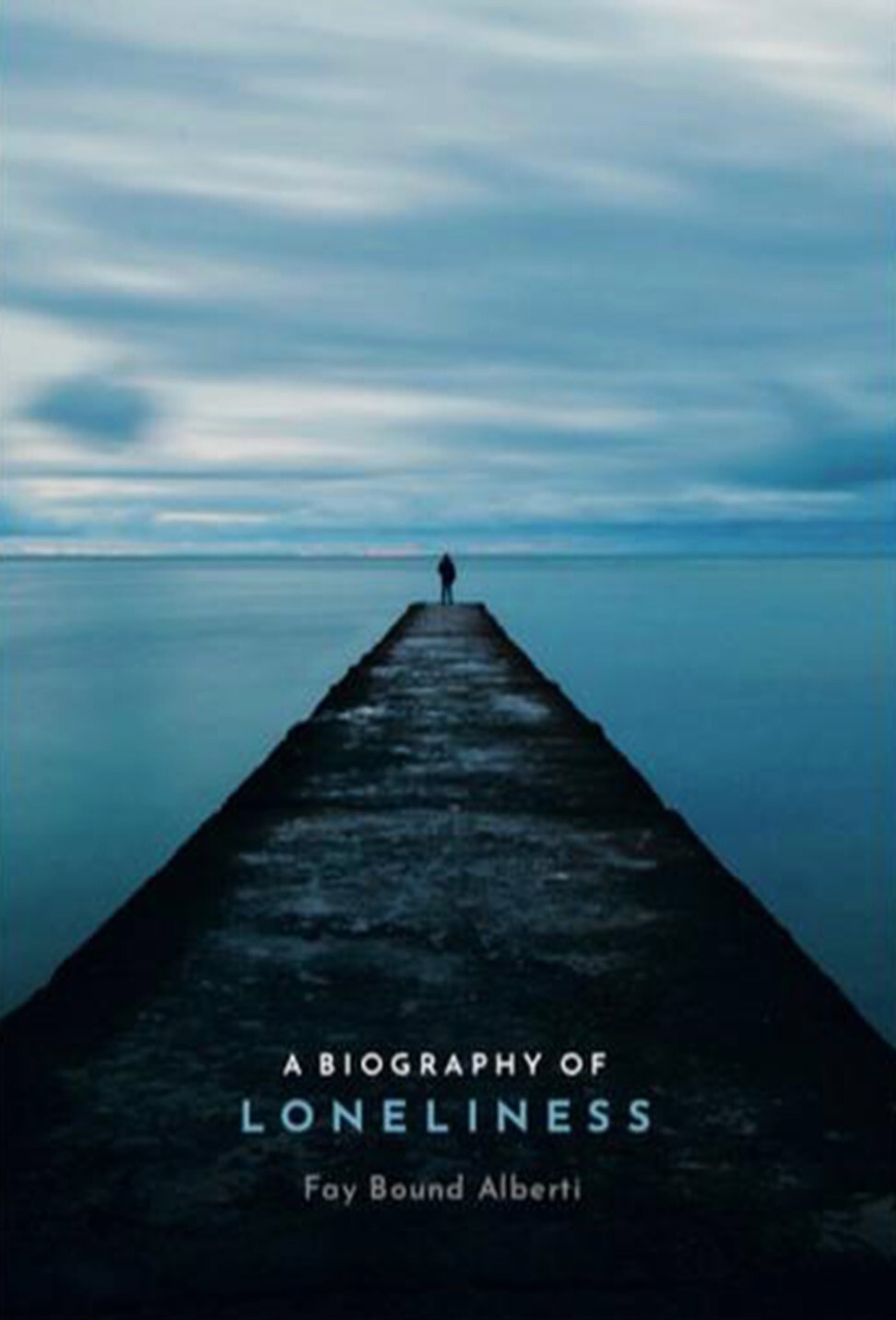
Three books about loneliness and isolation, ‘a modern epidemic’
- This One Wild and Precious Life, by Sarah Wilson, looks at ‘moral loneliness’, the severing of the ‘supply cord to connection, caring and doing the right thing by each other and the planet’
- A Biography of Loneliness, by Fay Bound Alberti, studies the ‘modern epidemic’ of searching for a soulmate while audiobook The Power of Ritual, by Casper ter Kuile, explains how the non-religious can create communities
This One Wild and Precious Life, by Sarah Wilson, Pan Macmillan Australia
The uplifting title of this volume borrows from American poet Mary Oliver’s The Summer Day, which asks: “What is it you plan to do with your one wild and precious life?” But it is the book’s working title, “Wake the F**k Up”, that relays more immediately Sarah Wilson’s aims and feelings about certain issues, climate change, mindless consumption and political polarisation among them. Loneliness is inextricably linked.
In a conversational style honed from years of blogging, the author introduces readers to new and old thinking on the subject and points to what sociologists and psychologists term “moral loneliness”.
Also known as ethical loneliness (variously defined by de Balzac, Nietzsche, Sartre), the emotion, Wilson says, can be compared to the severing of the “supply cord to connection, caring and doing the right thing by each other and the planet”.
The Lonely Century: tackling the modern-day scourge of isolation
Because of seemingly never-ending negative news, she argues, we have shut down, able only to watch as we “disconnect from our own value systems”.
Perhaps inevitably, the pandemic has exacerbated feelings of isolation. While pushing many to question the gains of their toil, which now appear pointless, it has also led to “a deadness within”.
The Greeks conceived of acedia (“spiritual apathy”), Wilson writes. She calls it “asleepness”, a play-dead, evolutionary fight-or-flee response in the face of perceived danger. But if we remain asleep for too long, she warns, “we face our collective demise”.

A Biography of Loneliness, by Fay Bound Alberti, Oxford University Press
If you’re still looking for “the one”, and feeling less than whole, blame Samuel Taylor Coleridge. The poet paired “soul” with “mate” and, with the help of other Romantics, allowed young women especially to equate the lack or loss of such a person with loneliness. The term “soulmate” then gained traction in the 20th century and, according to cultural historian Fay Bound Alberti, became common from the 1980s, probably because of its appearance in lonely-hearts advertisements.
Although now a “modern epidemic” so serious that, in 2018, the British created a Minister for Loneliness, the emotion deserves historical examination.
A section titled “The Invention of Loneliness” explains that the word evolved from “oneliness”, which before the 18th century, simply described the condition of being alone, with God, for instance. The point is repeated several times in this wide-ranging, academic treatment.
Alberti argues that loneliness may be difficult to identify because it is “not a single emotional state, but a cluster”, blending anger, resentment, sorrow, jealousy, shame and self-pity.
She began studying its history while working on facial disfigurement and realising how loneliness affected the physically disabled. Her “biography” also expounds on loneliness in connection with neoliberalism, old age, FOMO and, something positive, creativity: would Wordsworth have wandered lonely as a cloud had loneliness not sent him o’er those vales and hills?

The Power of Ritual, by and read by Casper ter Kuile, HarperOne
Who knew Harry Potter novels were being read as anything other than fantastic fiction? Well, at least the 22 million people who have downloaded author and co-host Casper ter Kuile’s Harry Potter and the Sacred Text podcast, plus the thousands who tune in every week for their shot of comfort. While taking refuge at Hogwarts, listeners are asked to examine themes (forgiveness, trauma) gleaned from the chapters and encouraged to share personal stories to connect with themselves and others.
Those scratching their heads will rightly demand a definition of “sacred”, although, as a Harvard Divinity School professor in the book explains, it can simply describe writing to which you keep returning to question and to invest emotions. The coming together of the non-religious in this and other ways creates community, those social units that once pivoted around churches and temples. Especially in an age of the nones (people who tick “none of the above” when asked about their religion), this can help nurture relationships and keep at bay loneliness, which, left unchecked, makes us afraid to reach out, ter Kuile writes.
Although persuasive, The Power of Ritual says little not already obvious. The author suggests where community in a contemporary context can be found (the gym!) and explains the benefits of rituals, meaning repeated, mindful exercises. Eating together regularly is one. Going on pilgrimage, if only around your neighbourhood, another.


